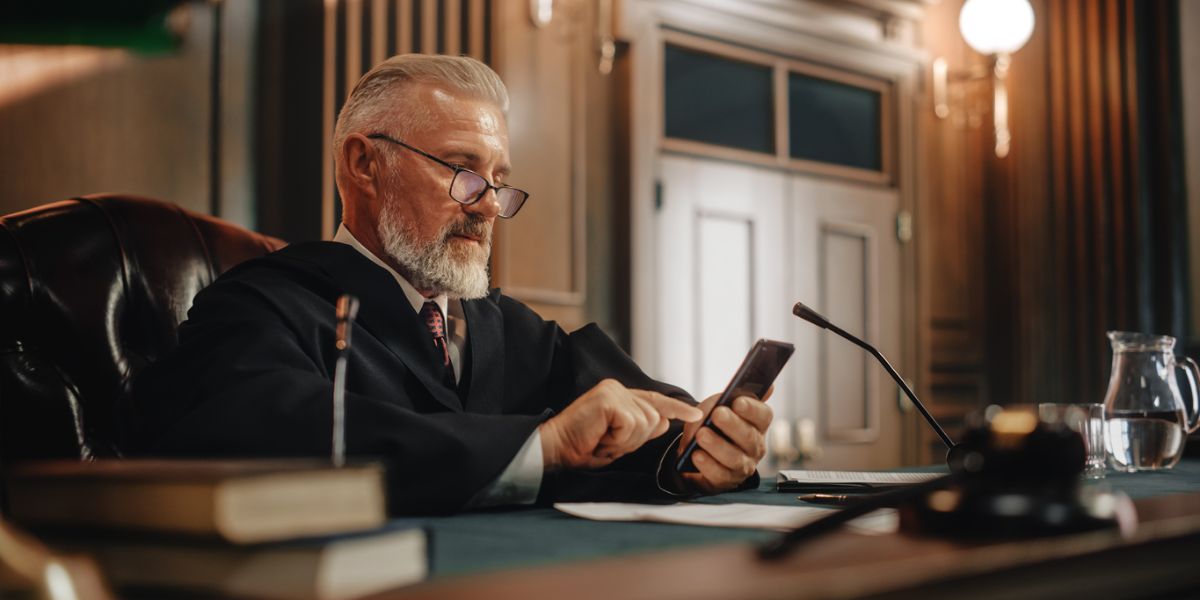If you have been injured in an accident and have filed a claim or lawsuit against the negligent party’s insurance company in order to obtain compensation for your damages, you may not think your social media will affect your claim. However, social media can be a detriment when it comes to your case. Any new social media activity after an accident could be used to contradict your claim and show the insurance company what you are able to do. For example, pictures and any written information from the following can be used in court:
- Email account
Can insurance companies access my social media accounts?
Even if you keep your social media private, an insurance company can subpoena your social media accounts, even your emails, and associated activity in the case of a lawsuit. The insurance company can use any posts, responses, or photographs as evidence against you because any information on your social media account is admissible in a court of law. For example, if you post a picture of yourself at a dinner party and are attempting to obtain compensation for pain and distress during the same time frame, the insurance company may use your photo as evidence to deny your claim. Additionally, if someone else posts information or a photo about you, that information could be as evidence to contradict your case.
Should I deactivate or delete my social media account after an accident?
You should also not delete or deactivate your social media account because your lawyer has filed a claim against an insurance company. Removing your social media accounts because of a lawsuit may look like you are trying to hide or suppress evidence. The action, while seemingly innocent at first, could lead to red flags when you are hoping to settle your case.
What should you not post on social media after an accident?
It’s best to not discuss your accident, injury, or health status on social media. Commenting on a post, or sharing a post or photo of yourself could be used against you when you file a claim against an insurance company. While you may want to talk to others about your accident and how you are doing, the best course of action is to avoid making these discussions over the internet.
Additionally, you should not add new friends while you are recovering from your accident. Remaining active on social media could contradict a claim of emotional distress. Also, insurance adjusters may send you friend requests to access your accounts.
Further, your social media account may access your location, which could be used in court as evidence of your activity since the accident. If you are making an injury claim and journaling that you have been unable to go to many places since the accident and your social media account location history reveals that you have been going out to dinner at a restaurant every other night, you may have a difficult time explaining your damages. Also, avoid any “check-ins” on your accounts as these can make your location public.
What should I do about my social media accounts after an accident?
The best course of action is to be careful about your internet use and refrain from using any social media accounts after an accident. Remember, anything on the internet that you engage in, including social media, can be made public, and become admissible in court. While your social media activity might seem innocent, the insurance company can use any of this information as a reason to deny your claim.
Should I hire an attorney after an accident?
Will my social media accounts affect my personal injury claim? Hiring an attorney after an accident can help you protect your rights so that you can receive the compensation that you are entitled to. If you have any questions about what to do with your social media account after an accident and the details of your case, contact Clayton Trial Lawyers today.

